Jason Manford: Cancelling offensive comedy is 'slippery slope'
- Published

Jason Manford has said comedians should be able to offend, and that it is a "slippery slope" to "cancel" the past.
His comments come after a summer of revisionism around comedy sketches and programmes which could be considered offensive by the standards of today.
Manford said it was a bad idea to "rewrite our history".
The 39-year-old British stand-up suggests that comedians should be able to offend people, despite that not being his own style of comedy.
"I don't want to offend anybody," he told the PA news agency. "I would be genuinely mortified if anyone left one of my shows upset by something that I'd said.
"I'd feel like that would be a breach of contract. My audience come for a certain sort of show and I like to put on that show."
But, he continued: "I have a real umbrage about people who will laugh at everything until something offensive is said about them. You can't have it both ways."
Manford defended comedians who are well known for their risqué style. "If you're going to see Jimmy Carr and you leave offended, then you're the only idiot in that scenario. What do you think is going to happen?" he said.
"If somebody is doing something offensive and saying a horrendous joke at seven o'clock in the evening on the TV... then that's when [broadcasting watchdog] Ofcom comes in and sorts those things out.
"But at the same time, going back through history and finding offensive things in the past, cancelling people from 30 years ago because of something they said or did - you can't start doing that.
"We're on a very slippery slope if we start to revise our history."
'The edge of propriety'
In January, Frank Skinner told the BBC that his favourite type of comedy was found "on the edge of inappropriate".
Another British comedy hero, Dawn French, recently told The Andrew Marr Show she "fears a little bit for our cancel culture".
She suggested comedy has to "live on the edges of propriety" and that its exponents "need to offend a tiny bit to work out what what's funny".
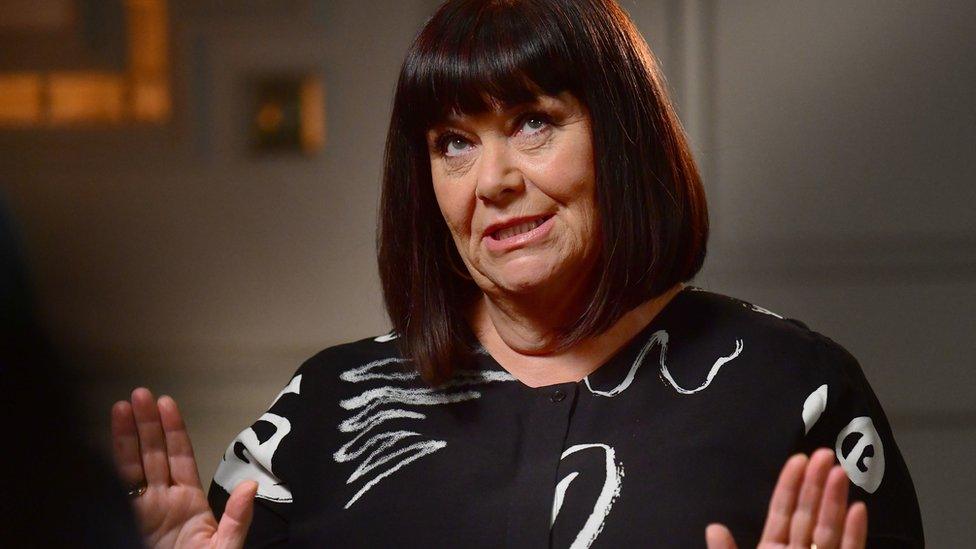
Dawn French believes in freedom of speech for comedians, but with consequences
"All the way back to Lenny Bruce and Richard Pryor and people that I've always really enjoyed - the edgy people are the people that plough the furrow for the rest of us," said French.
"My opinion is, say what you want to say - be free to say anything, and then everyone can be free to challenge you, or to tune out from you."
She added: "And for any comedian that's the biggest punishment if nobody wants to listen to you anymore then I think you've got the message."
Manford, whose 2020 stand-up comedy tour was postponed until next year due to the pandemic, went on to stress that the "one thing we need is laughter" right now, after "such an awful year".
He noted how controversial topics like the "confusing" rules around coronavirus, for example, "lend themselves to comedy".
The Mancunian concluded: "What's important and what sometimes people lose sight of is, having a laugh and taking the Mickey out of the rules of lockdown... is not the same as laughing at the fact people are dying of Covid."
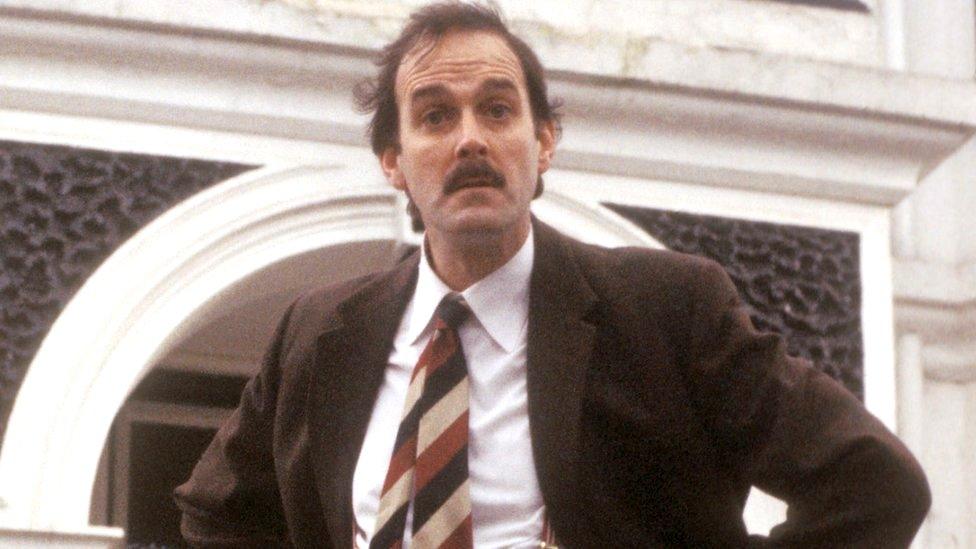
John Cleese, who played Basil Fawlty, described the move to temporarily remove Fawlty Towers from the UKTV platform as "stupid"
Manford's comments on historically offensive content come after a string of high-profile comedy programmes and sketches were put under the spotlight earlier this year, following Black Lives Matter protests.
Stars such as Leigh Francis, Tina Fey, David Walliams, Matt Lucas and Ant and Dec apologised for programmes and sketches they'd previously taken part in which are now considered insensitive or offensive.
But John Cleese criticised the "cowardly and gutless" BBC after an episode of Fawlty Towers containing "racial slurs" was temporarily removed from a BBC-owned streaming platform.
His famous titular character, Basil Fawlty, Cleese pointed out online, was "a figure of fun". The show was re-instated to UKTV soon after, with "extra guidance" added to alert viewers.

Follow us on Facebook, external, or on Twitter @BBCNewsEnts, external. If you have a story suggestion email entertainment.news@bbc.co.uk, external.
- Published12 June 2020
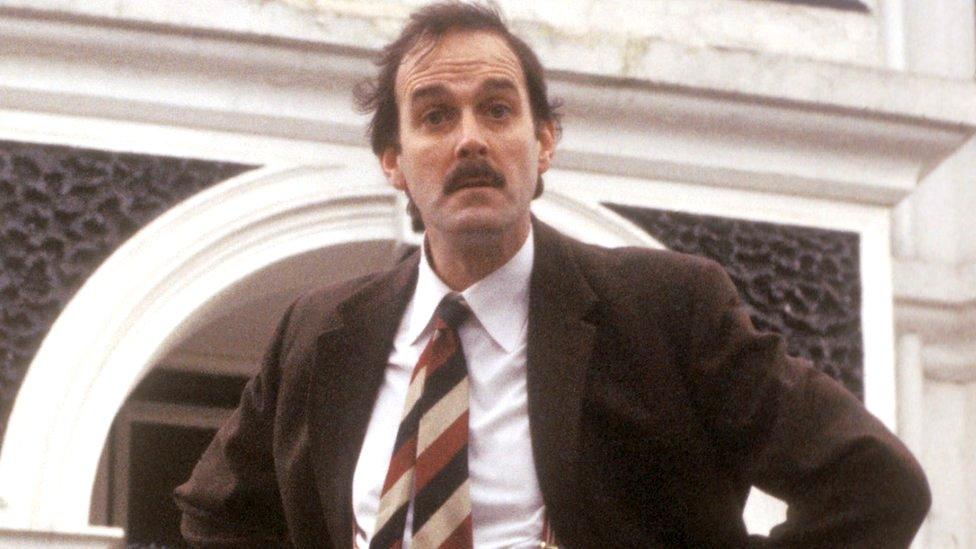
- Published10 June 2020
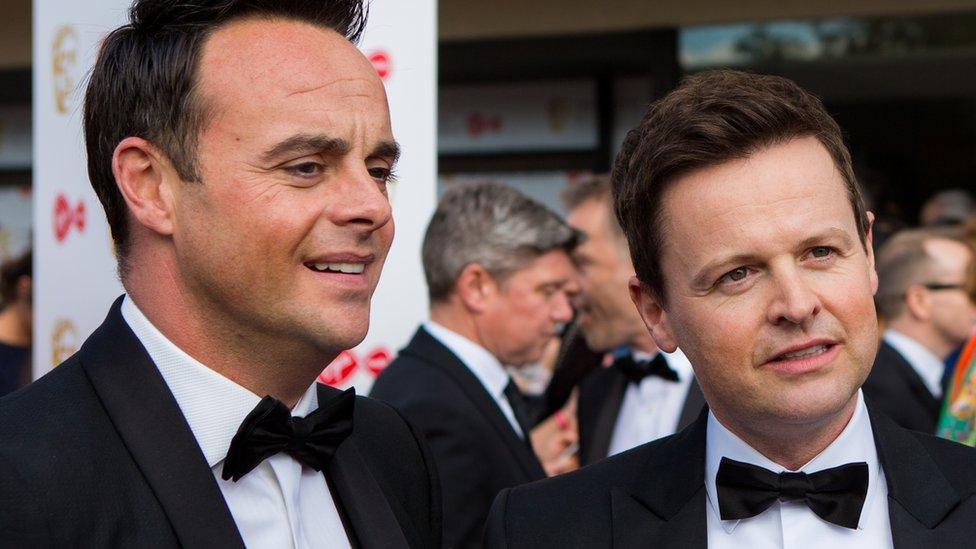
- Published9 June 2020

- Published19 January 2020
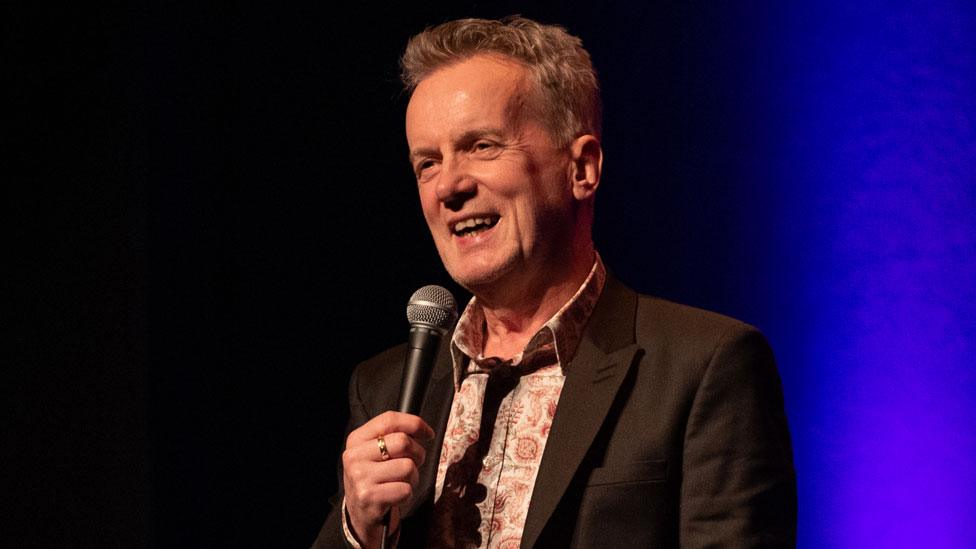
- Published5 October 2017
